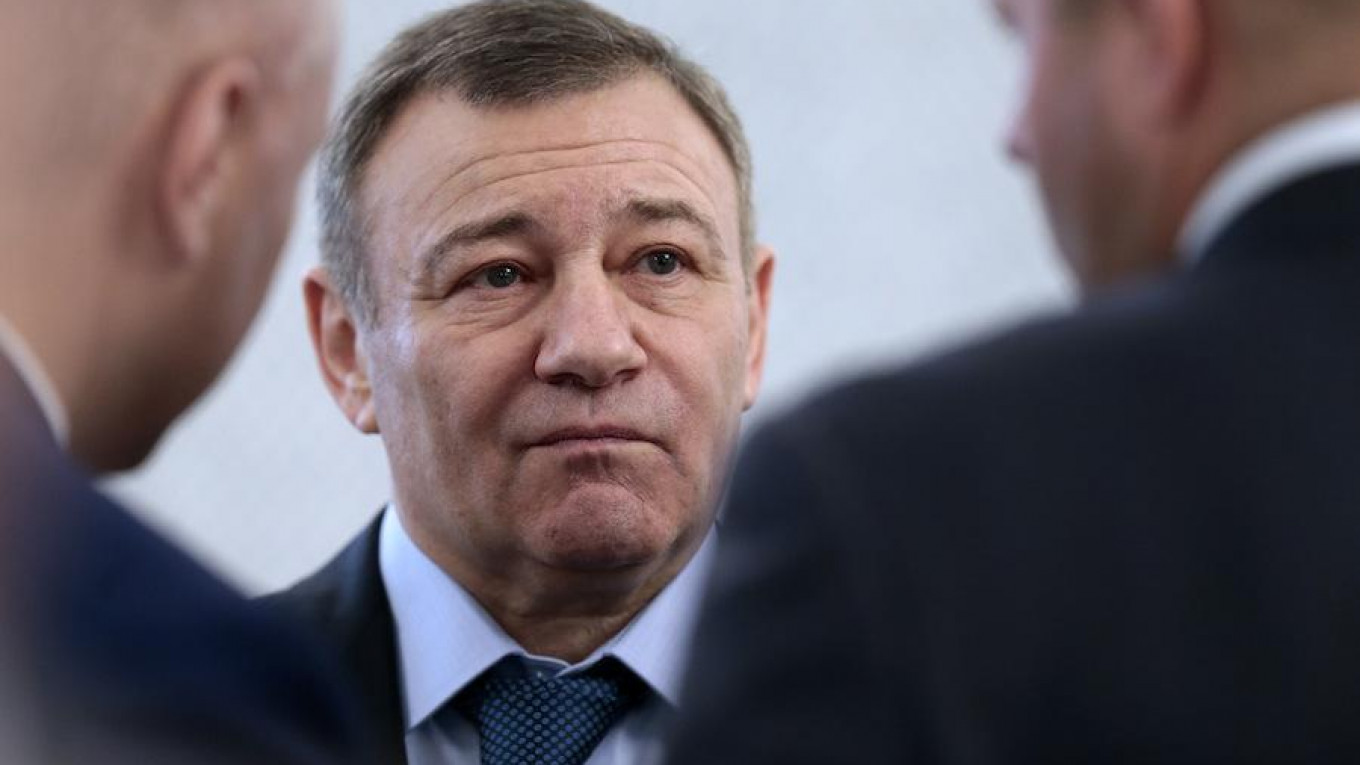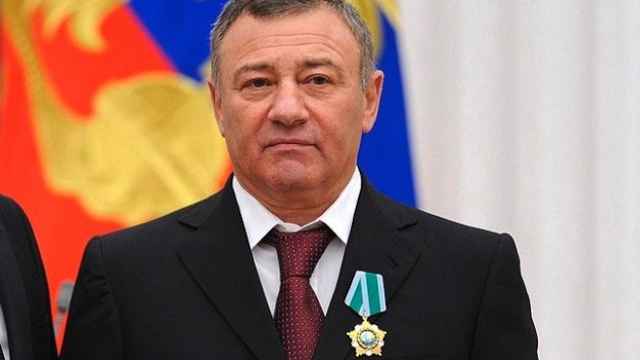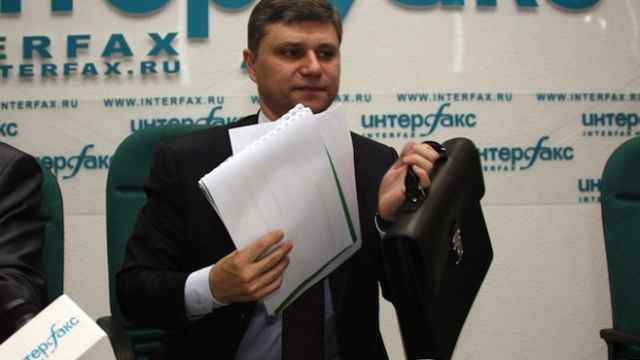A court in Luxembourg has partially upheld a complaint from Russian billionaire Arkady Rotenberg against personal sanctions placed on him following the annexation of Crimea.
The court's decision acknowledged that the sanctions against Rotenberg from July 30, 2014 had not been substantiated, but upheld the personal sanctions applied in March 2015. This was due to the rewording of the sanctions' justification, which was amended in 2015. Specifically, changes mentioned the fact that Rotenberg's company StroyGazMontazh would be taking part in a project to build a bridge connecting Russia to the annexed peninsula, whereas the earlier explanation only hinted at Rotenberg's involvement in Crimea.
The court's decision did not mention any possible compensation for Rotenberg due to seven months of personal sanctions. In his complaint, Rotenberg had asked for both compensation and a cancellation of the sanctions.
Arkady Rotenberg was sanctioned by the EU in July 2014 when it was learned that one of his companies had won a tender to build a bridge connecting Russia to the Crimean peninsula. Also mentioned by the EU was Arkady Rotenberg's close relationship with Russian President Vladimir Putin.
As a result of the personal sanctions, Rotenberg was banned from traveling to the EU, and his European assets were frozen.
A Message from The Moscow Times:
Dear readers,
We are facing unprecedented challenges. Russia's Prosecutor General's Office has designated The Moscow Times as an "undesirable" organization, criminalizing our work and putting our staff at risk of prosecution. This follows our earlier unjust labeling as a "foreign agent."
These actions are direct attempts to silence independent journalism in Russia. The authorities claim our work "discredits the decisions of the Russian leadership." We see things differently: we strive to provide accurate, unbiased reporting on Russia.
We, the journalists of The Moscow Times, refuse to be silenced. But to continue our work, we need your help.
Your support, no matter how small, makes a world of difference. If you can, please support us monthly starting from just $2. It's quick to set up, and every contribution makes a significant impact.
By supporting The Moscow Times, you're defending open, independent journalism in the face of repression. Thank you for standing with us.
Remind me later.






